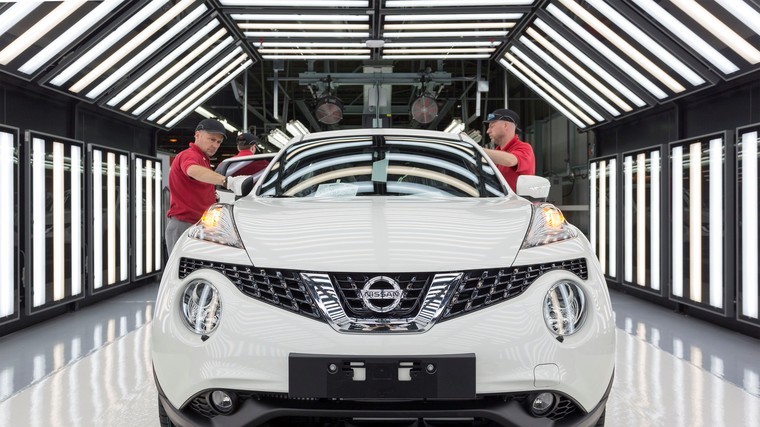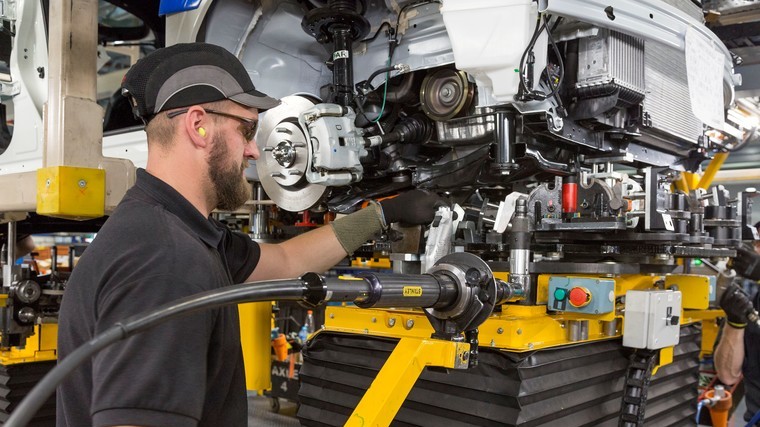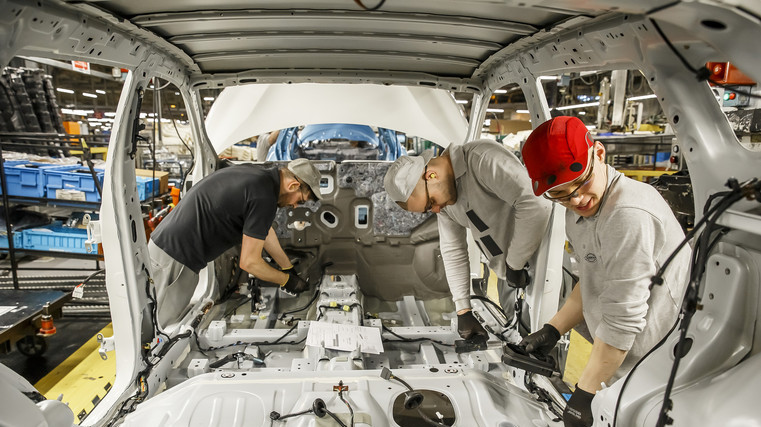Nissan's Brexit worries
Nissan has warned the UK government that “serious disruption” will be caused to its manufacturing operations in north-east of England if the UK fails to secure a deal with the European Union (EU) that avoids a hard Brexit.
A hard Brexit would result in trading with EU countries on World Trade Organisation rules, which employ 4.5 per cent tariffs to car parts and 10 per cent to finished cars.
According to the Guardian, the Japanese carmaker relies on rapid, “just in time” importing of millions of components from the EU every day, with no customs delays or tariffs.
Carlos Ghosn, the chair of Nissan, described British operations to the Guardian as a “European investment based in the UK.”
Nissan employs almost 8,000 people, mostly at its factory near Sunderland. A further 30,000 people are employed in UK companies supplying Nissan vehicles.
Colin Lawther, a Nissan executive, told the House of Commons international trade committee in February 2017 that tariffs would add £500m to the plant’s costs, which it might not survive, and that long delays of parts at borders would be a disaster for the operation.
In a statement to the Guardian approved by the main board in Japan, Nissan said: “Since 1986, the UK has been a production base for Nissan in Europe. Our British-based research and development and design teams support the development of products made in Sunderland, specifically for the European market.
“Frictionless trade has enabled the growth that has seen our Sunderland plant become the biggest factory in the history of the UK car industry, exporting more than half of its production to the EU.
“Today we are among those companies with major investments in the UK who are still waiting for clarity on what the future trading relationship between the UK and the EU will look like.
“As a sudden change from those rules to the rules of the World Trading Organization will have serious implications for British industry, we urge UK and EU negotiators to work collaboratively towards an orderly balanced Brexit that will continue to encourage mutually beneficial trade.”








